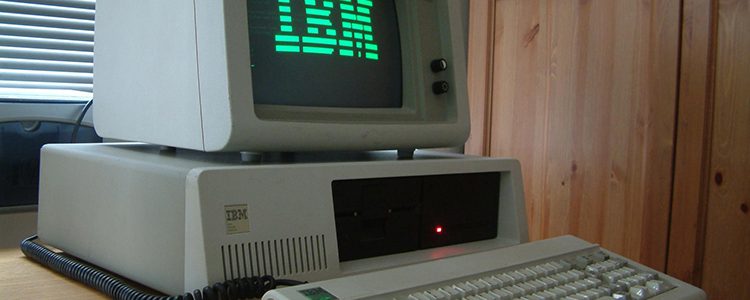Are you a small business owner or decision maker who has only just bought a tablet? Are you only now considering looking into the possibilities of cloud computing? Have you even only just switched from a flip phone to a smart phone?
If you’ve answered yes to one or even all of those questions, you are certainly not alone but you could well be damaging the productivity of your business. Late adoption of technology is a well-known and documented phenomenon and this post is going to take a closer look at it and its implications in the small business world.
The Technology Adoption Life Cycle
Back in 1957 Joe M Bohlen, George M Beal and Everett M Rogers from Iowa State University published a sociological model called ‘the Diffusion Process’. That model was initial focussed in the area of agriculture and how developments within the field spread and diffused amongst farmers. Rogers however, later expanded and generalised the model to apply to technological innovation, development and adoption amongst society and the Technology Adoption Life Cycle was born.
The expanded model splits society into five distinct groups in terms of how they respond to and ultimately adopt new technology. The groups in order are ‘innovators’, who are the earliest to adopt technology even when it is risky and untried; ‘early adopters’, who follow hot on their heels; ‘early majority’, who are keen to take up new tech but wait until it is slightly more established; ‘late majority’, who are largely sceptical about innovations; and ‘laggards’, who hold onto existing and older tech far later than anyone else.
The model does not identify any one of those groups as definitively better or worse than the others and there are in fact individual strengths and weaknesses associated with each. Early adopters for instance, often take up technology that ultimately fails whilst late adopters tend to find themselves literally behind the curve. It is estimated however, that approximately 50% of people fall within those latest two categories and that 50% tends to most often include small and medium sized enterprises.
Late Technological Adoption and Small Business
Small and medium sized enterprises tend to exist in a commercial space where both time and finance are at an absolute premium. That means that decision makers often don’t have the time or the inclination to learn of and research new technology before it becomes a mainstream part of the business world. Even if they did, they also tend to be reticent to devote finance to adopting any technology at a point when the risk that it may flop or fail is still comparatively high. That explains therefore, why most small and medium sized enterprises do tend to be late technology adopters.
Whilst the thought process behind small businesses preferring to be late adopters is understandable however, it doesn’t necessarily mean that it is the right course of action or that it is something which can’t be moved away from. Late technological adoption after all, can lead to an organisation missing versatile and strategically important technological advantages that could benefit their productivity, improve efficiency or help them to better engage with customers. Perhaps therefore, it might be the ideal time to consider breaking your pattern of late technological adoption and taking the plunge with some newer technology that could give you an edge over your competition.




